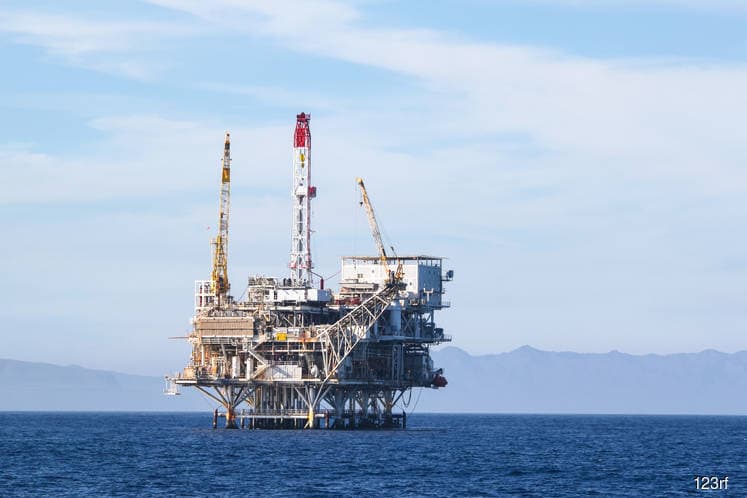
This article first appeared in The Edge Financial Daily on February 6, 2020
KUALA LUMPUR: Crude oil has entered the bear market, as concerns persisted on the impact of the Wuhan virus outbreak on the already vulnerable global economy, and consequently demand for the commodity.
Between Jan 6 and Feb 4, Brent crude oil price has declined from its six-month high of US$68.91per barrel (bbl) (RM284.60) to its one-year low of US$53.96/bbl — down more than 21% in the span of one month.
In the same period, the Bursa Malaysia Energy Index retreated some 11% to 1146.4 points, before regaining some lost ground yesterday to 1164.08 on bargain hunting.
Separately, Brent staged a slight rebound to hover at US$55/bbl at the time of writing yesterday, on news that a research team in China has found two new drugs that can “inhibit” the virus.
A persistently low price is potentially a double whammy for oil and gas producer Malaysia, which is scrambling to offset the impact of the Wuhan virus outbreak on the tourism industry it had put its hopes on the Visit Malaysia 2020 campaign — to catalyse economic growth this year.
Putrajaya has said that in light of the outbreak, it will rejig and bring forward an economic stimulus package programme, initially meant to address the potential impact of the US-China trade war.
Data shows that the government has anticipated some RM50.6 billion of oil-related revenue in 2020, representing 20.7% of the RM244.53 billion of federal revenue estimated for the year. This is on Brent crude oil assumption of U$62/bbl average.
In the past, the Dewan Rakyat has been told that every one US dollar drop in oil price would reduce oil-related contribution to the government’s coffers by between RM200 million and RM300 million. Other factors may include the strength of the ringgit against the US dollar, and total hydrocarbon output.
Last year, Finance Minister Lim Guan Eng said the government will recalibrate its budget if oil prices dipped below US$50/bbl compared with its assumption of US$70/bbl at the time.
Eventually, the government revised 2019’s oil price assumption to US$63/bbl during Budget 2020. The benchmark oil price averaged US$64.63/bbl last year.
In an interview with The Edge Malaysia weekly last year, Petroliam Nasional Bhd (Petronas) president and group chief executive officer Tan Sri Wan Zulkiflee Wan Ariffin said the national oil company has set a benchmark of US$55/bbl oil price as the basis for its plans.
In light of the Wuhan virus outbreak, Citigroup Inc slashed its first-quarter Brent oil estimate to US$54/bbl from US$69/bbl previously, adding the commodity could fall to as low as US$47/bbl — its weakest level in over two years. The benchmark price averaged at US$63.67/bbl in January.
Reuters, meanwhile, reported that BP chief finance officer Brian Gilvary had estimated that the Wuhan virus would slash oil demand for 2020 by around 300,000 to 500,000 barrels per day or 0.5% of global demand.
Bloomberg reported that Opec officials are meeting to determine whether the alliance will convene an emergency ministerial meeting later this month to consider new production cuts.
“Of course, additional Opec+ cuts are necessary to put a floor on oil prices and may even prompt a bit of rebound around the meeting date,” said Stephen Innes, chief market strategist of AxiCorp in a note on Tuesday.
“Still, I can’t see investors turning bullish on oil or oil equities, until the virus is appropriately in the rear-view mirror, and it is possible to quantify its economic impact,” Innes said.